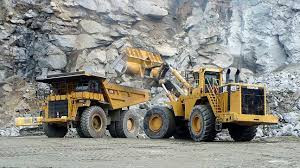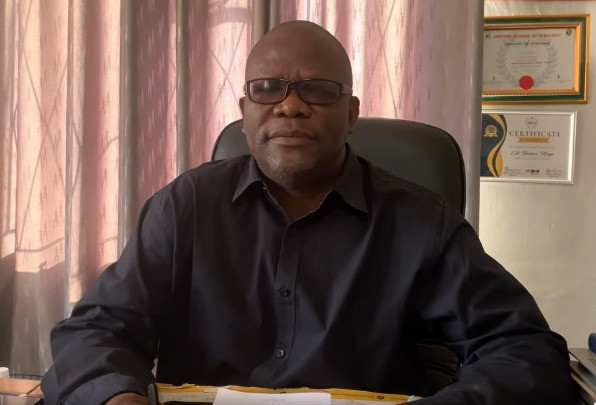
THE proliferation of mines across Zimbabwe has led to exploitation of Zimbabwe’s natural resources and degradation of the environment with little to no development, Hwange East legislator Joseph Bonda has said.
Zimbabwe has seen an increase in mining companies, especially from China, with escalating concerns raised by communities that while the investors are benefiting from the local resources, they do not plough back to the communities through infrastructure development.
The mining activities have been blamed for destroying the environment.
“Where mining is done, most of the miners or the companies that are mining around those areas are taking all the profits without leaving anything,” Bonda said.
“I wanted to find out if the ministry has a department that goes or follows up the miners and checks if they are doing social responsibilities in the communities where they are mining because that gap is actually wide open.”
Bonda said the miners were taking all the country’s resources outside communities and the country at large.
“They are actually damaging the infrastructure around and there is nothing that people in those areas are getting.
“Does the Mines ministry have a department that does the follow-up to see that for sure, these people do those responsibilities that they are meant to do, which is right?”
- News in depth: British investor digs in over Marange diamond concession saga
- News in depth: British investor digs in over Marange diamond concession saga
- Promoting accountable investments in Zimbabwe
- Businessman burns Chivi’s villagers homes
Keep Reading
In response, Mines and Mining Development minister Winston Chutando said there were two areas in which mining companies contributed to the communities.
“The first are what we call rural district council levies, whereby the respective district councils are entitled to charge levies to the mining operations in the district, which contribute to the upkeep of the various infrastructure,” Chitando said.
“The second are interventions which are done by the mining entities, which are over and above the contributions to the levies paid to the rural district councils.
“With respect to these contributions, these are the ones which are indicated. To a large extent, these are locally based and they are handled in consultation with local stakeholders.”









